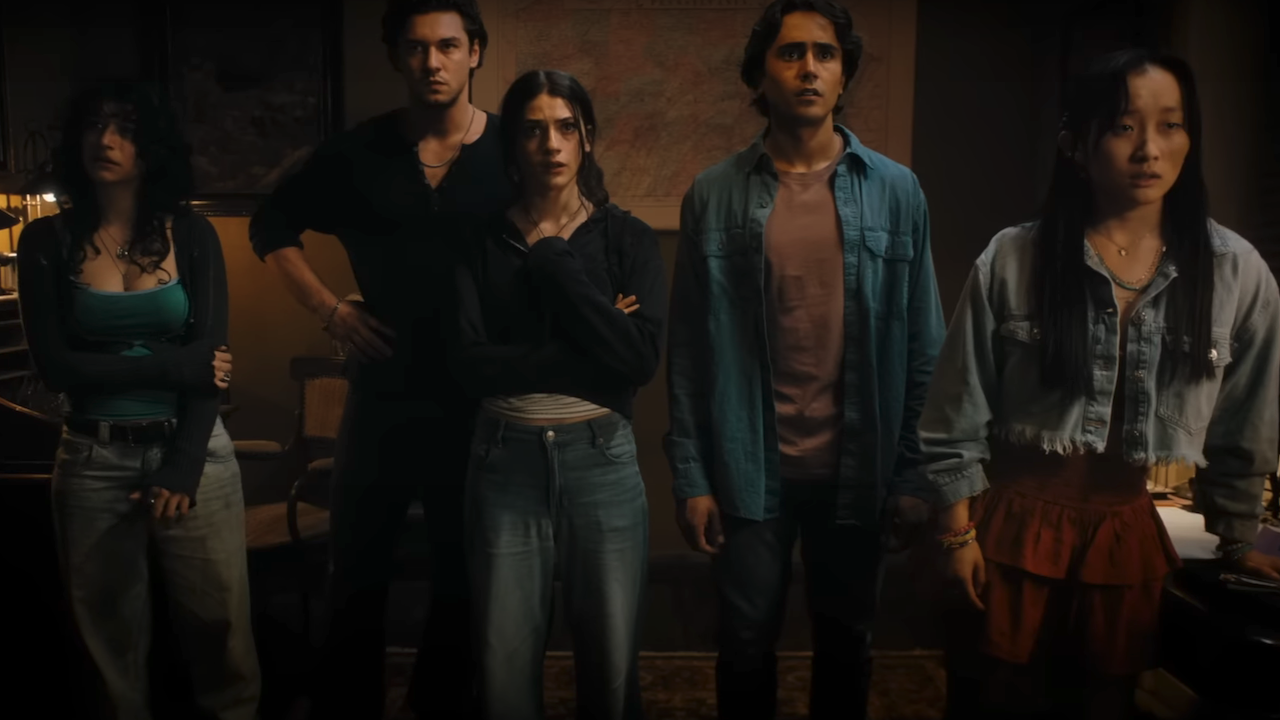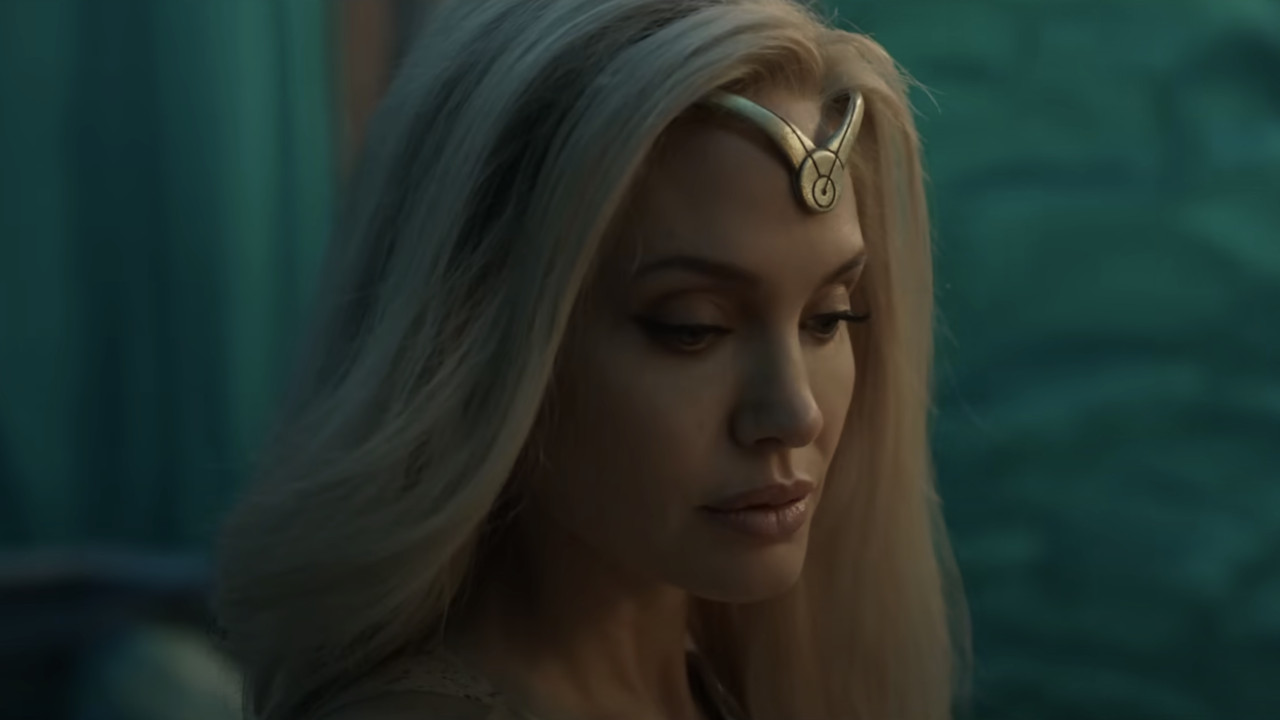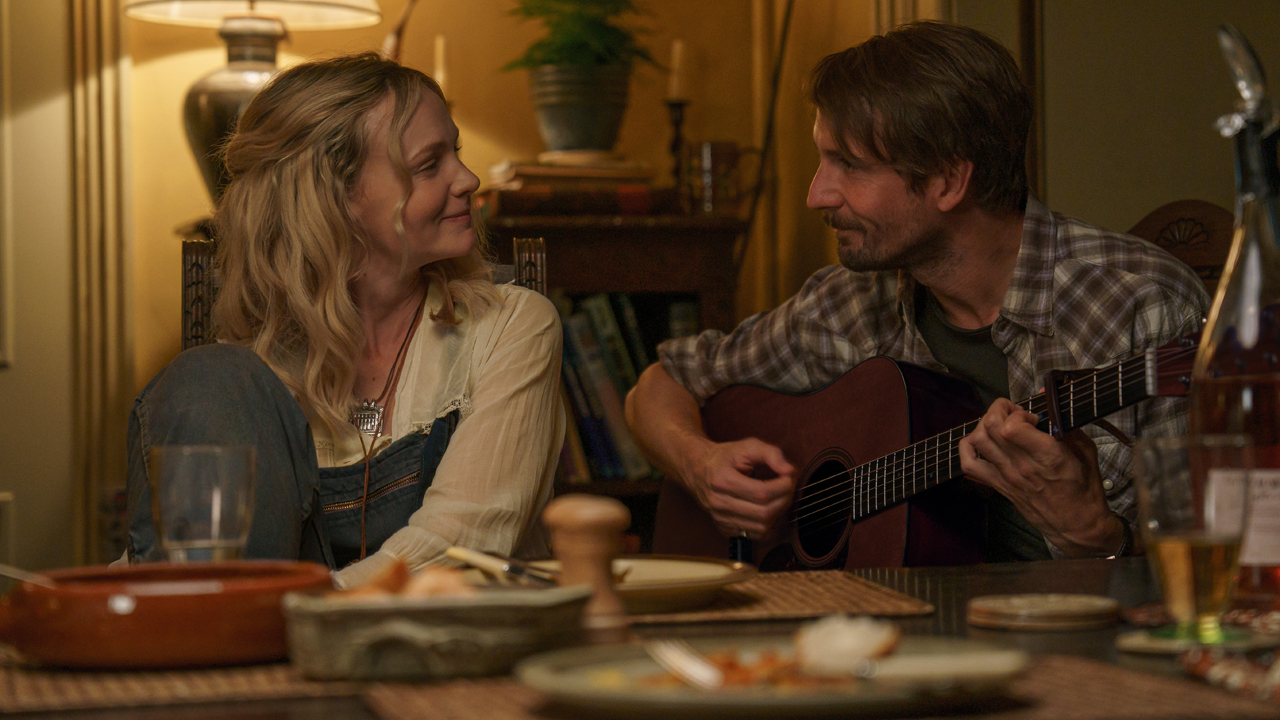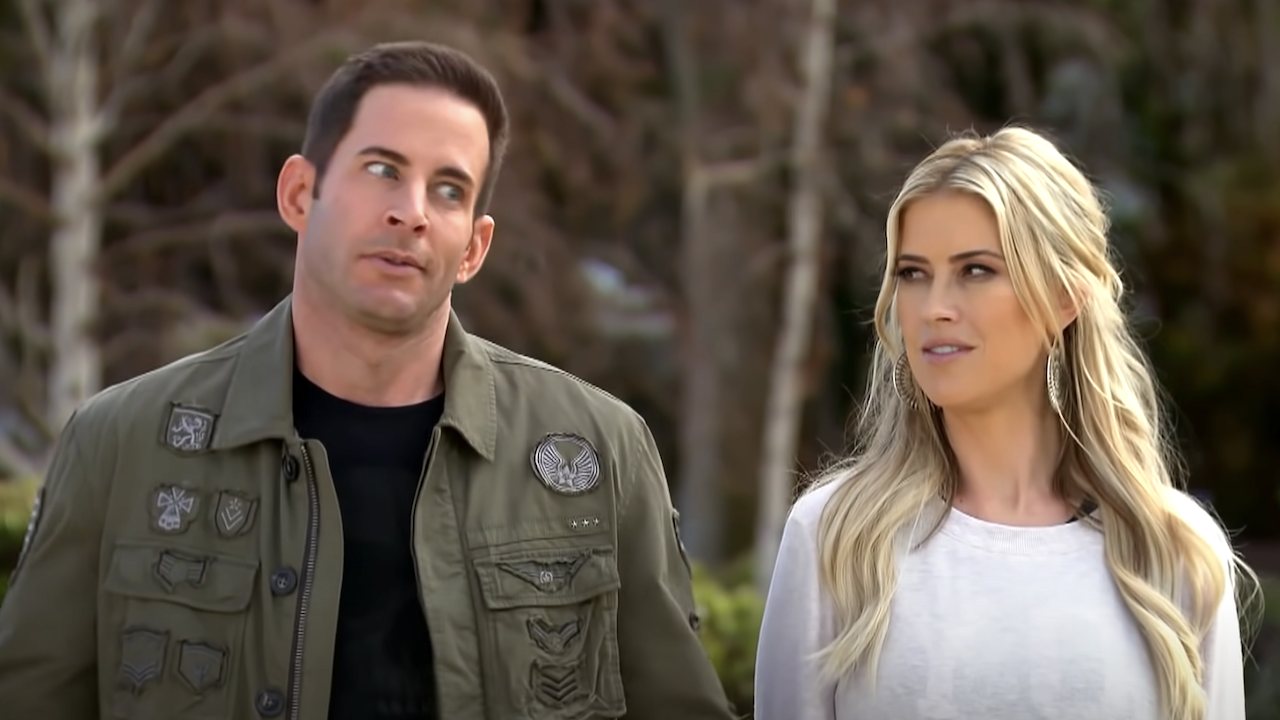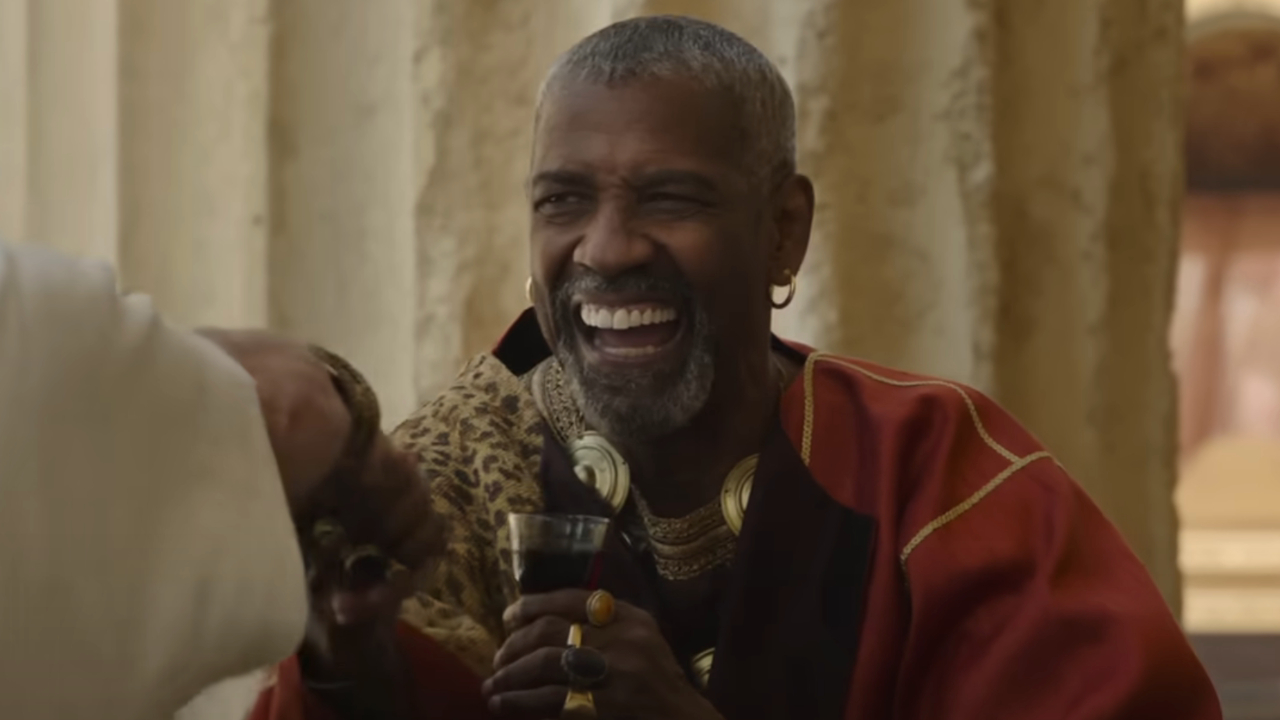How Brain Damage Patients Helped Rob Corddry Understand Zombies In Warm Bodies

You wouldn’t think it would be too hard to play a member of the walking dead. You slap on some make-up, stumble a bit, and let out the occasional groan. Sounds simple enough, right? Well, it wasn’t enough for Rob Corddry. Who stars as a zombie in the new movie Warm Bodies. Inspired by a script he loved and a real desire to nail his audition, he took it to a completely new level – by actually researching and learning about brain damage patients.
And that’s just one of the things that I recently had the chance to chat with the comedian about while attending a recent press event for the new zom-rom-com in Los Angeles. Check out the interview below, as Corddry discusses not only his role in Warm Bodies, but how writing has changed the way he reads scripts, why he has no desire to ever become a director, and his experience working with director Jonathan Levine, who he calls one of the best filmmakers he has worked with.
How did you come across this film? Was it something that you pursued or did it come to you?
I definitely went after it in that…I was not in their plan at all. But my agents were on it and they sent me the script and I loved it and I worked very hard at the audition. I really, really prepared.
What was it about the script in particular that you liked so much?
I’ve never seen anything like it before! Apart from being perfect story-wise – it had all that already – it was just very, very uncommon. Somebody said to me, “You always play best friends, is that boring?” And I’m like, “No!” What, are you kidding me? I will play shades of that character forever – and then I was handed probably the weirdest shade of that yet [laughs]. So that was a real thrill too.
How do you prepare for an audition for a role as a zombie?
CINEMABLEND NEWSLETTER
Your Daily Blend of Entertainment News
Well, my wife works with brain injured patients as a speech pathologist, so I asked her a lot of questions about brain injuries and read a little bit about brain injuries, and tried to imagine that I was maybe not quite fully conscious, but that I had a lot that I wanted to express, but the synapses between creation and mouth were just not really there. Which is the way I think about it. And it worked! It really, really worked. There are just some things that make you think of something, and then you do stuff out of habit- - which I really love, that idea in the film. So that was my preparation, basically.
You mentioned how much you loved the script, but when I meet actors who also write I’m always curious if they perceive or read scripts differently than if they were just looking at it from an actor’s perspective. Since you started working has the way you read scripts changed?
Yes I do! Before I was writing as much as I do now I would read them and be very confused, first of all, and just try and kind of go with my gut. And then I would have to talk it over with people. Why am I responding to this? Why am I not? It would more be about like, “This dialogue is clunky.” That’s the only language I had. But as I get to learn more about writing it’s so much easier. It’s so much easier to know if you like something or not! Things can have good and bad parts and still not be something you respond to.
So would you say that since you started writing Children’s Hospital it’s had an effect on the types of projects you’ve been choosing?
Yeah, I guess. I don’t know. It’s made me more aware in general, I think, just understanding story and structure and from an acting point of view and from a writing point of view, and from a reading point of view… I don’t know if it’s affected what I’ve chosen. But it’s definitely like…I’m starting a company with my brother and we’re choosing scripts now that we want to develop and produce. That’s really where the skill, I think, and the fun of it comes in.
And you do go back and forth between film and television a lot and obviously they’re two very different mediums, but what do you find that each one offers and do you prefer one over the other?
No, I don’t really have a preference. I guess the reason I’m able to flip back and forth is cause I don’t have a regular job [laughs]. If I was on a TV show that shot nine months out of the year it would be a lot harder. But it allows me a lot of freedom. I can’t even say it’s about money either, because I’m definitely one of those guys they know they don’t have to pay a lot [laughs]. So that’s always kind of a crapshoot. Children’s Hospital is shot a lot like a movie. We get together for a little over a month. So I really enjoy that. I really enjoy being on a location. So I’d have to say that movies or that kind of thing, of which Children’s Hospital is a part, it feels more special for some reason. But it of course varies from project to project.
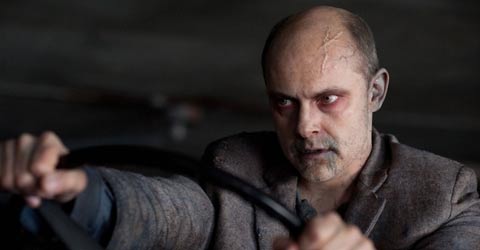
I don’t mean to keep pressing on the “writer” button…
I love talking about it!
Having written for TV have you thought about writing a script for a feature?
Oh yeah! Of course, yeah. I have a couple of ideas going. I wrote one with a couple friends that was garbage – but that’s basically where I learned how to write a script. And now the only one I have – I’m just looking for the time to write – is a Children’s Hospital movie. Though it won’t be a movie with the same characters, it will just be the same cast, it will be the same ensemble. And it will just be a different story and a different…same group of actors and creative team.
I know you directed a couple episodes of Children’s Hospital too, so would that be an avenue you’d think about going down?
No. I have no interest. I directed the first 10 episodes of Children’s Hospital, the first season, and did not enjoy the experience.
Why?
You know, I’ve been trying to pinpoint why. I think it’s because as a producer … well first of all, I think a lot of actors do it for the power or whatever, or they do it because it’s what you’re supposed to want to do. But the best director’s I’ve encountered are the ones that have a real, innate understanding of not just like cameras and filming and the line and the math of it, but like something else that I can’t quite pinpoint that I don’t have. I like producing in that I can do overall stuff, all the different aspects…and then order the director around [laughs]. So the power does enter into it. It’s all about power!
To tie it back to Warm Bodies, I truly think that Jonathan Levine is one of the most underappreciated young directors working now, and I’m just curious what it was like working with him on this film.
I try not to sound trite about it when I describe my feelings about him as one of the best directors I’ve ever worked with. And we’d talk about it a lot. He actually taught me a lot about how to work just by observing him and observing his confidence and his ability to be humble and to accept the process as a collaboration. And not to be threatened by a new idea that maybe didn’t match his. Because he’s so confident! And it immediately makes you, apart from being a great guy, he just immediately makes you comfortable.
What kind of stuff did you get to contribute as M?
[laughs] I improvised a little bit. I don’t even know if the line is in the movie – did you see the movie?
Yeah! I saw it last night.
I don’t say “Bitches, man,” do I?
Yeah you do! That got a big laugh too.
That was improvised. And I told him afterwards, “Don’t put that in the movie! Don’t put that in the movie!”
It got one of the biggest laughs!
Of course! It’s funny! But I remember that on the day I was like… it felt cheap afterwards. You’re just trying to get a laugh because maybe you didn’t know what you were doing in the moment or whatever. That’s my problem [laughs].

Eric Eisenberg is the Assistant Managing Editor at CinemaBlend. After graduating Boston University and earning a bachelor’s degree in journalism, he took a part-time job as a staff writer for CinemaBlend, and after six months was offered the opportunity to move to Los Angeles and take on a newly created West Coast Editor position. Over a decade later, he's continuing to advance his interests and expertise. In addition to conducting filmmaker interviews and contributing to the news and feature content of the site, Eric also oversees the Movie Reviews section, writes the the weekend box office report (published Sundays), and is the site's resident Stephen King expert. He has two King-related columns.
